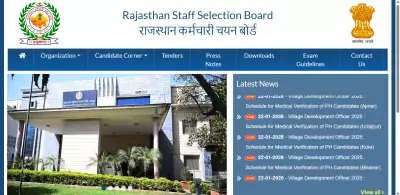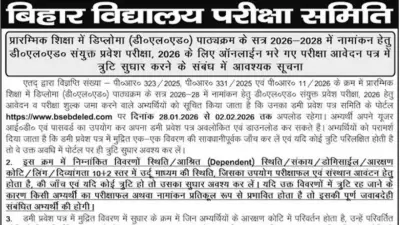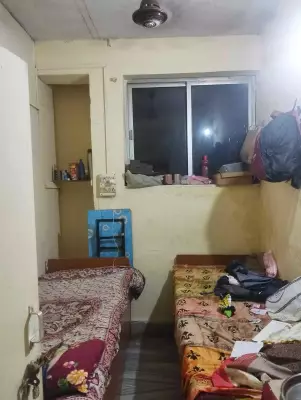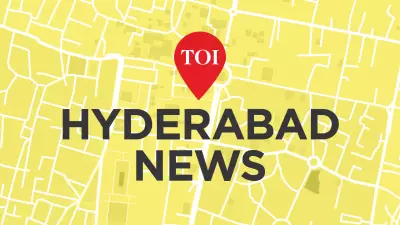
In the quiet halls of a Chandigarh library, what began as a routine book return transformed into a life-changing moment of realization about the hidden inequalities in our education system. The story, shared by a reader, exposes the invisible scars that educational barriers can leave on young minds.
The Unexpected Penalty
A student, eager to expand their knowledge through borrowed books, found themselves facing an unexpected fine at the library counter. The amount was small by most standards, but for this particular student, it represented something much larger - a barrier to accessing education that many privileged students never encounter.
The Deeper Lesson Behind the Fine
While the financial penalty was nominal, the emotional and psychological impact was profound. The incident revealed how systems we often take for granted can become obstacles for those from less fortunate backgrounds. The library, meant to be a gateway to knowledge, had momentarily become a gatekeeper.
A Window into Educational Inequality
This simple library transaction opened a window into the broader challenges facing India's education landscape:
- Financial barriers that extend beyond tuition fees
- Systemic obstacles that disproportionately affect underprivileged students
- The emotional toll of navigating educational institutions without adequate resources
- The invisible privilege of never having to consider the cost of learning
The Lasting Impact
The experience left more than just a financial dent - it created what the author calls "the most unexpected scar," a permanent reminder of how educational opportunities are not equally accessible to all. This scar serves as a testament to the resilience required by many students who must overcome numerous hidden hurdles in their pursuit of knowledge.
The story from Chandigarh challenges us to look beyond surface-level interactions and recognize the deeper structural issues within our educational institutions. It calls for greater empathy and systemic changes to ensure that libraries and educational resources truly serve as equalizers rather than additional barriers.





